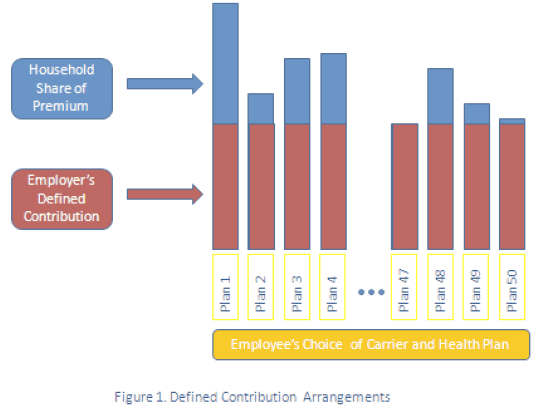WillowTree
Diamond Member
- Sep 15, 2008
- 84,532
- 16,091
- 2,180
CaféAuLait;2899244 said:For the economy outside the health sector, the most significant impact of the legislation will be through the labor market, Elmendorf said on Oct. 22. We estimated that the legislation, on net, will reduce the amount of labor used in the economy by roughly half a percent, primarily by reducing the amount that people choose to work.
He explained that people would choose not to work because they could subsist on the generous federal insurance subsidies and Medicaid payments contained in the health care overhaul.
Some provisions of the legislation will discourage people from working more hours or entering the workforce, and other provisions will encourage them to work more, he said, adding that [t]he net reduction in the supply of labor is largely attributable to the substantial expansion of Medicaid and the provision of subsidies through the new insurance exchanges.
Read more:
CBO Director Says ObamaCare Will Drive People From the Workforce | CNSnews.com
Is this the same Fucktard who told us it would save us a shitload of money and "bend the cost curve" He can get bent for all I care.

